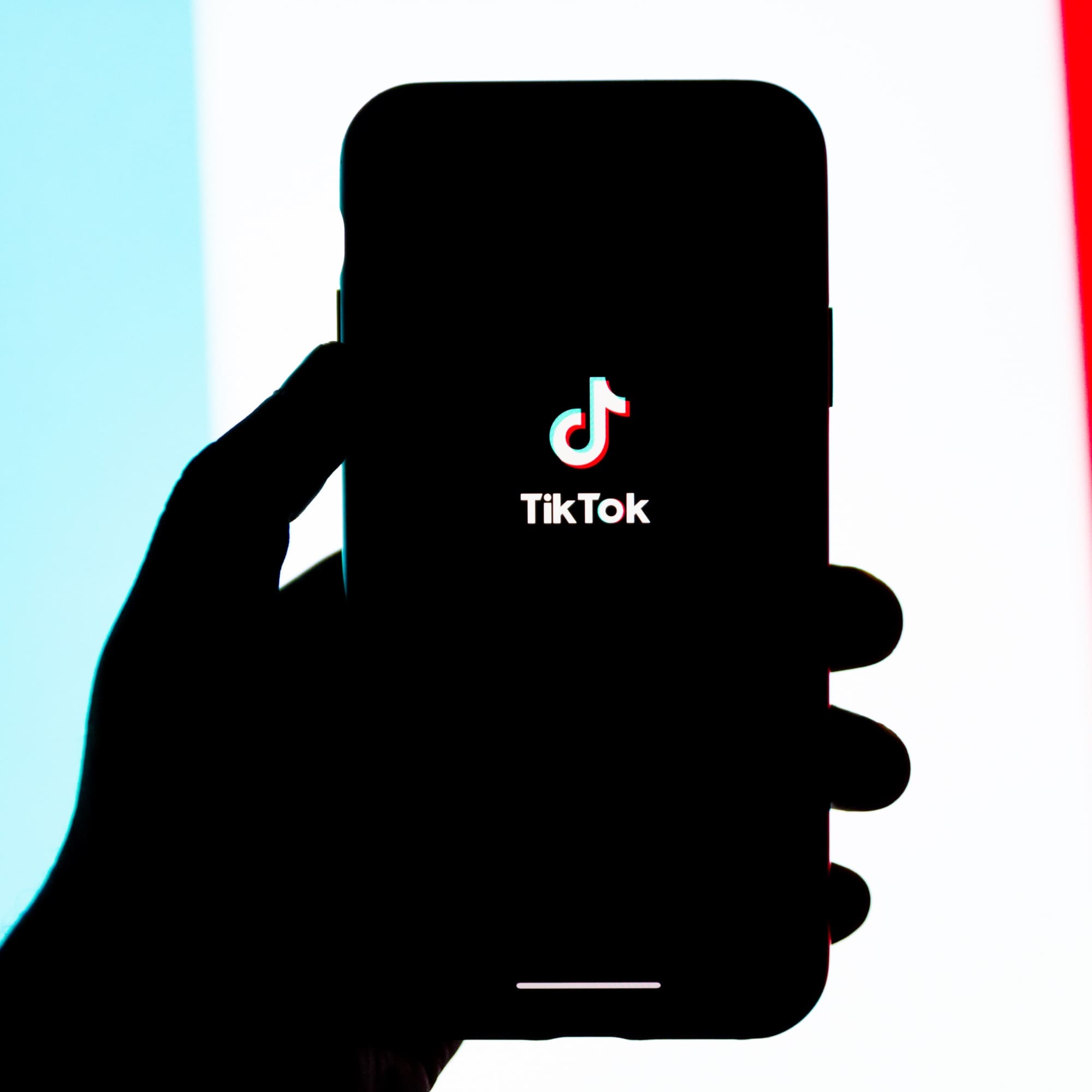
- POPSUGAR Australia
- Fitness
- Can Dark Mode Help Protect Your Eyes? Will It Improve Your Sleep? We Asked Experts
Can Dark Mode Help Protect Your Eyes? Will It Improve Your Sleep? We Asked Experts

When Dark Mode for the iPhone first came out, I couldn’t stand seeing it on my boyfriend’s phone. It felt like the screen was malfunctioning. But eventually, he convinced me to switch to it, and now I don’t think I could ever go back. For me, the screen became much easier to look at once my phone was in Dark Mode. After all, it’s much less bright. And because Dark Mode reduces the amount of blue light your screen produces, it would seem that it could also benefit your eyes and even your sleep. But does it? POPSUGAR spoke with an eye doctor and a sleep specialist to find out.
Is Dark Mode Better For Your Eyes?
Surprisingly, Dark Mode offers no real benefits for your eyes. “Blue light itself is not harmful. There is no evidence that blue light hurts eye cells in humans when exposed at the levels given off by computers or cell phones,” Stephanie Cox, OD, a postdoctoral fellow at the Tufts Medical Center Department of Ophthalmology, told POPSUGAR. Because blue light isn’t damaging to your eyes, Dark Mode has no effect on your long-term eye health. If your eyes feel tired or dry after staring at a screen all day, you may be dealing with what’s known as digital eye strain, which can be uncomfortable but doesn’t cause any permanent damage.
According to the American Academy of Ophthalmology, digital eye strain has a number of causes, one of them being that we blink up to 66 percent less when we’re staring at a screen, which can lead to tired, itchy eyes. To prevent digital eye strain, the AAO recommends blinking often, sitting roughly two feet from your computer, adjusting the brightness so it matches the level of light in the surrounding room, and following the 20-20-20 rule: every 20 minutes, stare at an object that’s at least 20 feet away for 20 seconds.
These are all ways to keep your eyes feeling comfortable throughout the day and prevent digital eye strain, which is caused more by the closeness of the screen and narrowed focus than by blue light. Because of this, putting your phone into Dark Mode is unlikely to bring any relief from digital eye strain, though certainly if you prefer Dark Mode or feel that it makes staring at your phone easier on your eyes, you should continue using it. Most importantly, if you regularly suffer from eye strain, make an appointment with an optometrist or ophthalmologist to rule out any underlying health issues. “The best thing to do is to ensure that you have your eyes examined regularly,” Dr. Cox said.
Does Dark Mode Have Other Health Benefits?
If you’re reading this as a newly disheartened Dark Mode-lover, don’t worry. While Dark Mode may not be beneficial for your eyes, it can be beneficial in another area of your life: your sleep cycle.
Melanie Pogach, MD, a pulmonary, critical care, and sleep medicine specialist, explained that our circadian rhythms are entrained or synchronized by various stimuli – most notably light. While full-spectrum light, which contains all the colors in the rainbow, is stimulating, blue-light wavelengths are the most stimulating. Light, and particularly blue light, alerts the brain that it’s daytime and suppresses the secretion of melatonin, a hormone that regulates sleep. Melatonin levels start to rise a few hours before your regular bedtime and continue to increase throughout the night, eventually falling when it gets closer to morning.
“Exposure to light during the daytime is important to help with circadian regulation, alertness, and cognitive functioning,” Dr. Pogach told POPSUGAR. “However, exposure to light, especially blue light, before and during the ‘biological’ night, can impact our sleep quality and our circadian rhythms by delaying melatonin onset and secretion and dysregulating our day/night schedule.”
That’s where Dark Mode comes in. By swapping darker colors for lighter ones, Dark Mode reduces the amount of blue light that your device produces and thus the amount of blue light your eyes receive. While blue-light exposure during the day is no problem – the largest source of blue light is actually sunlight – you’ll want to avoid blue light at night for the reasons above. However, Dr. Pogach stressed that Dark Mode is not a cure-all solution.
“Dark Mode does block out some, just not all blue light,” she said. “While Dark Mode is probably better than light mode, from a sleep-regulation standpoint, avoiding device use altogether prior to and during the sleep zone is still advised.”
While blue light may not be damaging to your eyes, avoiding it can have benefits for your sleep cycle. If you don’t want to fully invert your phone’s interface with Dark Mode, but you’d still like to reduce your exposure to blue light, try using Night Shift on Apple devices or Night Mode on Android devices, both of which specifically reduce blue light by shifting a device’s interface to warmer colors. Just remember, the best thing you can do is simply put down the phone and avoid it before bed.


